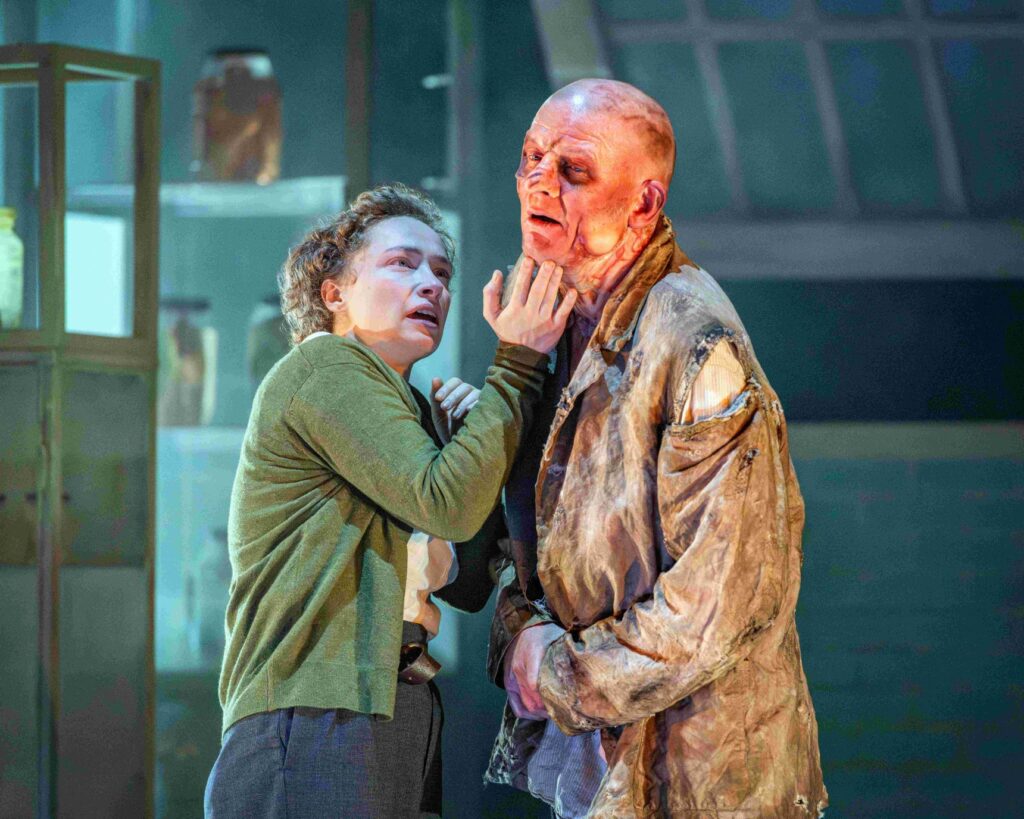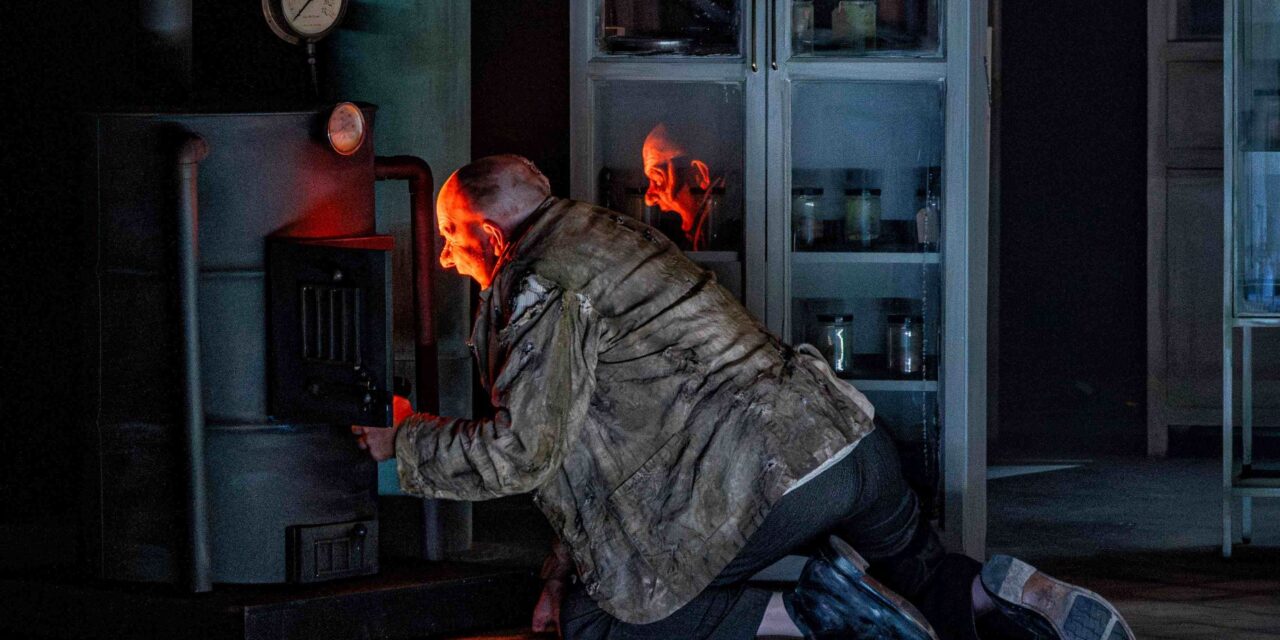
14 – 18 November
Mary Shelley’s “Frankenstein; or, The Modern Prometheus”, is surely one of the most significant novels ever published. A captivating Gothic horror story, it is also credited as being one of the first science-fiction tales ever written, exploring as it does one man’s ill-fated attempt to play God through the creation of life, and his subsequent, hubristic downfall. What is all the more remarkable is that the story, the result of a competition with Lord Byron and Percy Shelley to see who could write the best ghost story during a summer holiday to Geneva in 1816, was first begun when the unmarried Mary Wollstonecraft was just 18 years old, and published – anonymously, of course, given the male-dominated period – just two years later. The enduring appeal of this Gothic masterpiece is understandable, with Frankenstein’s ‘creature’ firmly established as one of the most iconic characters in literature and popular culture.
“I am interested in stories that question what it means to be human”, says director Sean Aydon. Shelley’s tale seems, therefore, the perfect choice; his clever adaptation takes all the key elements of the original story of the fragility of human existence and compresses them into a compelling and highly engaging two-hour piece of theatre with some clever modern twists. Shelley’s protagonist, Victor, becomes Aydon’s Victoria, superbly realised by the impressive Eleanor McLaughlin in a performance which conveys her character’s ambition but also her vulnerability. Against the backdrop of a global war, Basienka Blake’s Polish Captain, witness to Victoria’s confessional narrative, alludes to surviving the horrors of the Holocaust, whereas the superbly-cast Annette Hannah excels as the eponym’s assistant Francine, simultaneously with Blake enabling the play to explore wider themes of prejudice and the willingness with which society judges based on outward appearances. These three alone make for a strong and versatile cast. However, it is Cameron Robertson’s extraordinary, powerful and utterly believable performance as The Creature – often erroneously portrayed as a simple, lumbering, one-dimensional monster devoid of humanity – which elevates this remarkable show to the highest level, quite literally bringing to life a being which is, in Aydon’s words, “as pitiful as it is terrifying”. Arguably it is the Creature who is the true protagonist and hero of the story; Robertson’s poignant and sensitive portrayal of Frankenstein’s ‘child’ only reinforces this notion.
Eamonn O’Dwyer’s sinister score is suitably haunting and evocative alongside Matt Haskins’ clever and artful use of light and shadow, not least when conveying the fear, menace and claustrophobia of the ominous opening scene where Frankenstein and the Captain first meet. The setting is simple, but wonderfully so: the Captain’s Arctic hut slides away to reveal Frankenstein’s impressive laboratory – where all the remaining action bar the final scene takes place – complete with assorted body parts in glowing glass jars. The technical challenge of presenting the iconic and much-parodied reanimation scene is successfully and creatively overcome, and with a palpable sense of tension and trepidation too.
A modest audience in Malvern tonight rightly gave the show a prolonged and well-deserved round of applause at the final curtain. This is an absorbing and gripping tale which deserves to play to as wide an audience as possible. As enormous and irreversible advances in Artificial Intelligence (AI) increasingly shape our technological, cultural, moral and ethical landscapes, “Frankenstein” has never felt more prescient, its warnings more resonant. Perhaps we need Shelley’s visionary, cautionary tale of the fallibility and arrogance of humankind more than ever….
★★★★★ Tony Clarke 15 November 2023
There will be a post-show discussion in the Festival Theatre following the Thursday evening performance. Free admission to ticket-holders
Photo credit: Ant Robling


